Observing Black History Month: Elevating voices in the enterprise
Key takeaways:
- Learn from the highlights of our employee experiences who share their personal journeys and the impact of being part of a diverse work environment as we observe Black History Month.
- Vice President of Diversity, Equity and Inclusion, Monique McWilliams shares insights during a Q&A.
- Learn more about our commitment to DEI through key statistics from our sustainability report.
Reflecting on the importance of Black History Month in our professional journeys
At UnitedHealth Group, our diverse culture empowers us to improve care for the consumers we are privileged to serve. We are reminded of this every time we hear from employees like Chief of Staff for the Optum Health Midwest region, Meechawayl M., who embodies our commitment to an environment where diverse perspectives thrive. During Black History Month, Meechawayl reflected on the importance of acknowledging our ancestors and the continuous work that needs to be done to promote equity and inclusion. His involvement with the Black Experience Resource Group at UnitedHealth Group has been a significant factor in enhancing his professional journey, allowing him to bring his authentic self to the workplace.
“I'm a contributing member of the Black Experience Resource Group here at UnitedHealth Group, and it has enhanced my experience by providing exposure, allowing me to connect with my peers and other leaders, and creating a safe platform for my voice to be heard,” Meechawayl shared.
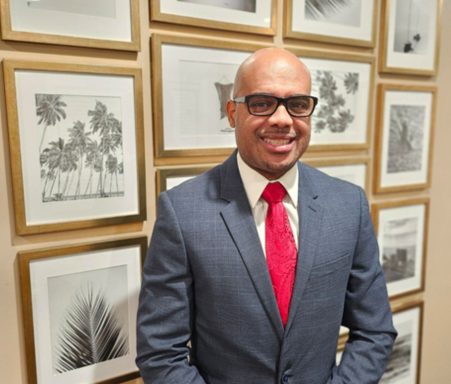
“I was able to bring my authentic self to the workplace during the leadership meeting where I was encouraged to share my ideas and strategic planning while unapologetically being myself and adding value to the business and organization.”
We strive to empower our team members to share their unique perspectives because innovation happens when diverse ideas and experiences come together.
Marcus R., a client services account manager, shares his insights into the importance of a diverse workplace. He highlights, “A diverse work environment helps others to be successful by bringing people with different experiences, skills and perspectives all together in the same room.”
Reflecting on his own experience, Marcus recounts,
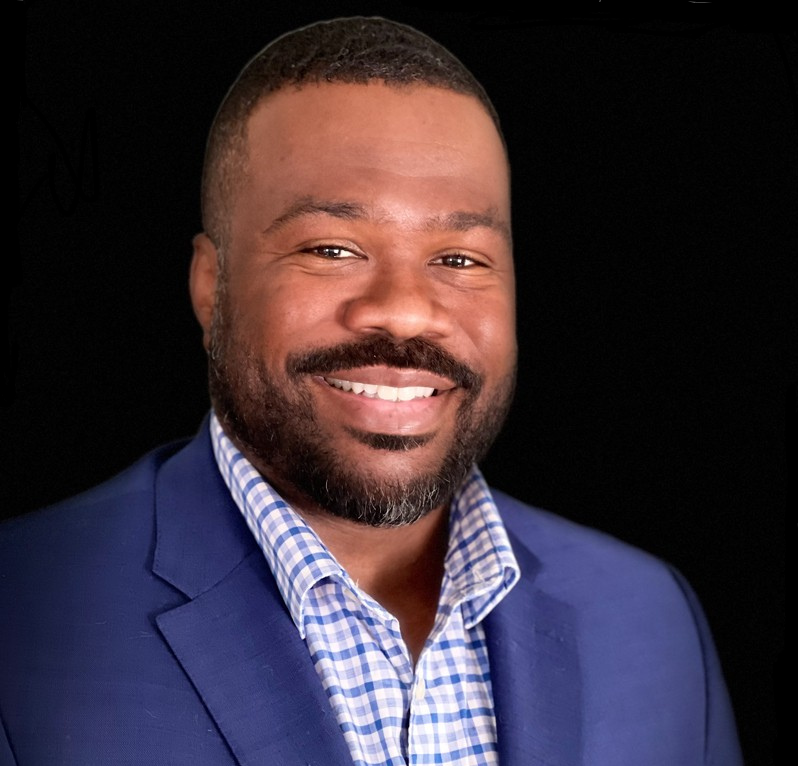
“Most recently on my first on-site training, I experienced this firsthand and what a sight it was to see folks of different backgrounds and cultures all come together and be able to share their ideas and opinions in a judgment-free zone.”
We are committed to providing a vibrant, collaborative space for all employees to contribute and learn from each other.
Q&A with Vice President of Diversity, Equity and Inclusion, Monique McWilliams
What does an inclusive culture mean to you?
“I think it’s one that’s mature enough to welcome diverse employees as their authentic selves in a way that ensures they feel welcomed, respected, valued and heard - where people feel like they belong and are allowed to fully participate in decision-making processes and development opportunities. A culture where everyone is able to contribute to company success.”
How would you describe the workplace culture at Optum?
“Bursting with promise! The efforts we initiated many years ago went a long way toward transforming the culture. Our renewed focus on a formalized DEI strategy with defined objectives will have the same impact. I am extremely excited to see where the future takes us.”
How does Optum support individuals from underrepresented groups?
"In several ways. One that comes to mind is health equity, where we address health disparities in an effort to help make the health system work better for everyone. The COVID-19 pandemic laid bare for all to see how underrepresented communities desperately need access to affordable health care from professionals who respect them as human beings."
"Another way we support underrepresented groups is with a focus on the future. The United Health Foundation recently announced a commitment to spend $100 million over 10 years to help build a racially and ethnically diverse health workforce by providing scholarships and support to 10,000 underrepresented future clinicians and health professionals."
Any final thoughts about why diverse perspectives are important?
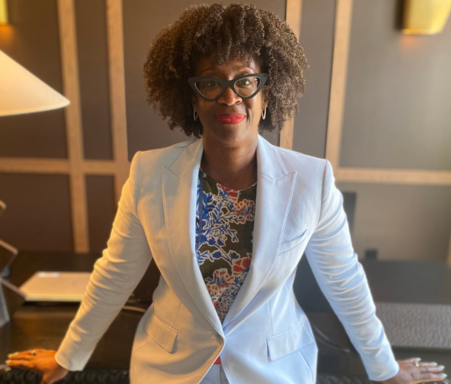
"Diverse perspectives are critical, and diverse insights are needed to ensure we address the needs of all team members and the communities we serve. That is how we truly achieve our mission."
Understanding Employee Resource Groups
Our enterprise-wide Employee Resource Groups (ERGs) are vibrant communities built for our inclusive workplace, focusing on the unique experiences, backgrounds, and attributes that make each individual exceptional. ERGs at UnitedHealth Group serve as dynamic platforms where members can connect with teammates from across the enterprise, fostering a deeper sense of belonging and inclusion. They are spaces where employees feel empowered to be heard, supported, and valued by their peers and leaders. Through these groups, employees find a supportive network that not only acknowledges but celebrates the rich tapestry of diversity that each person brings to our company.
A commitment to DEI is shown through action
These progress measures from our sustainability report that inspire us to continue learning and growing in our commitment to DEI:
- Women represent 40% of leadership positions at UnitedHealth Group, marking a stride towards gender parity in management roles.
- Our workforce is comprised of 45% people of color, striving to accomplish diverse representation that mirrors the communities we serve.
- 31% of our management positions are held by individuals from minority groups.
- In our latest initiatives, we've seen a 96% retention rate in programs aimed at advancing underrepresented groups.
- Over 78,000 employees have participated in live learning sessions on core values, leadership, well-being, and diversity, equity, and inclusion, highlighting our continuous investment in employee development.
Want to learn more about DEI at UnitedHealth Group? Visit our careers website.
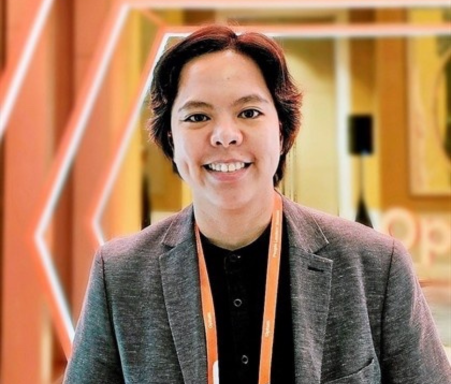
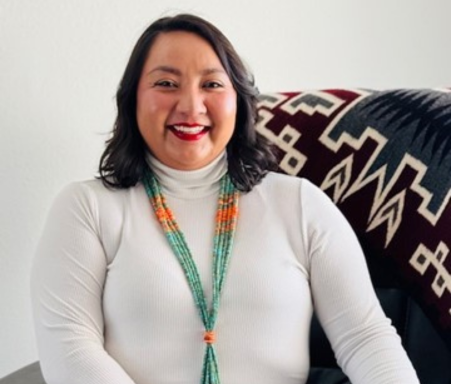

Share This Story